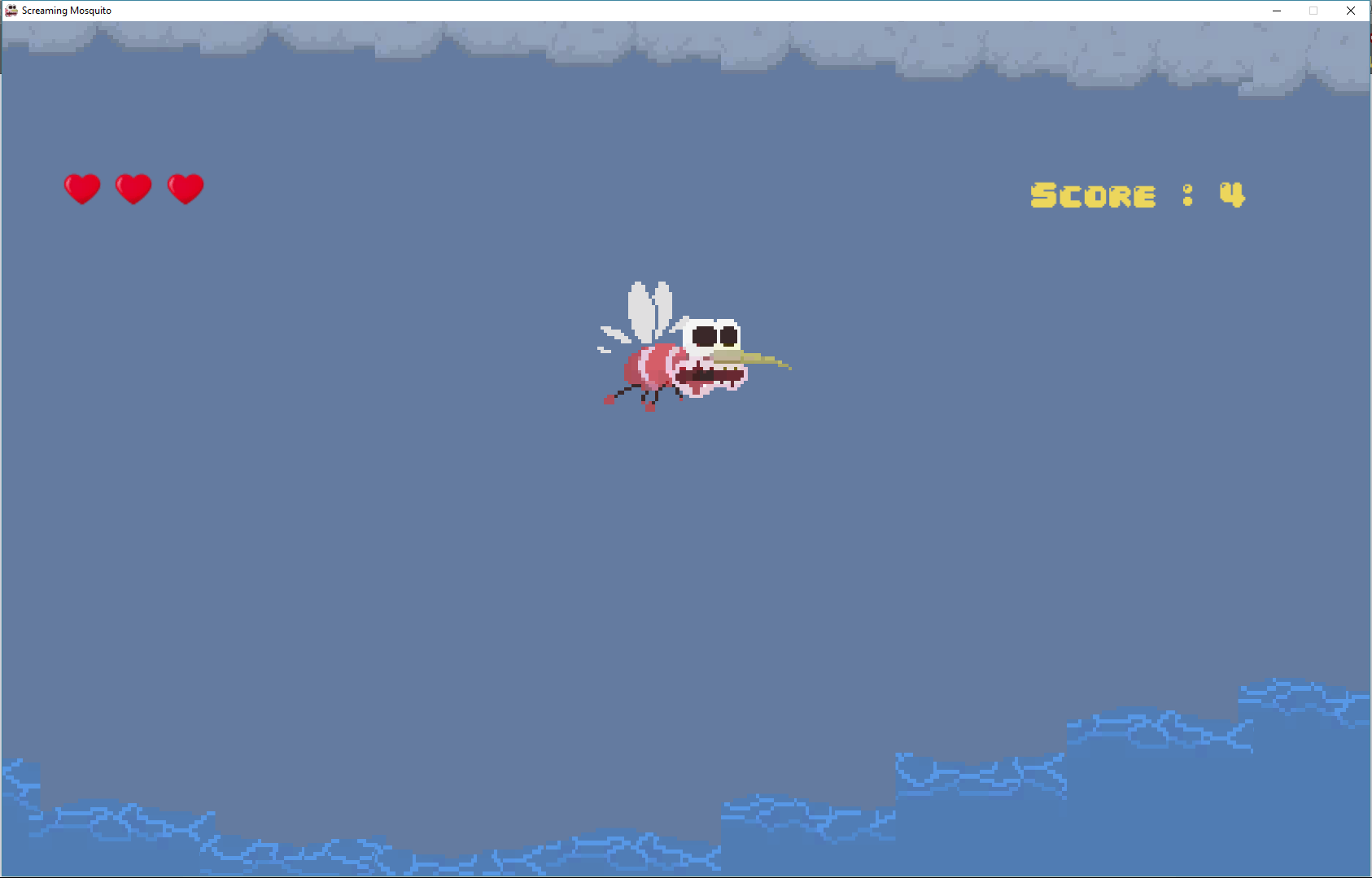Screaming Frog Seo Spider For Mac Os. Visual SEO StudioVisual SEO Studio is a desktop SEO Audit Tool, a Visual approach to make SEO. DOWNLOAD; Screaming Frog Log File Analyser. Document management. Everyone in the SEO industry agrees that Screaming Frog is one of the most essential SEO tools. A tool where the majority of us cut our teeth with. We’re not going to go over scheduled crawls since they’re easy to set up. You can read Screaming Frog’s documentation about them here. If you set up scheduled crawls, I recommend doing so on a Virtual Private Server (VPS). This section is just for Mac OS X users. If you’re a Windows user, click here to go to the Windows section. Turn on your Mac and continue to press and hold the power button until you see the startup options window. Click the gear icon labeled Options, then click Continue.
EvoPrinterHD A 'High Definition' view of conserved DNA and Viral RNA
|
General Resources Nematode Genome Sequences and Resources Invertebrate Genome Sequences and Resources Vertebrate Genome Sequences and Resources Bacteria Genome Sequences and Resources | |
| Return toEvoPrinter homeThe EvoPrinterHD comparative genomic algorithms and methods were developed by Amarendra S. Yavatkar, Yong Lin, Jermaine Ross, Thomas Brody and Ward F. Odenwald of the National Institute of Neurological Disorders and Stroke, NIH. This site is maintained and hosted by NINDS, NIH, Bethesda MD. | ||
Introduction
Back in early November of 2003, I introduced my Mac OS X 10.3 Panther review with some concerns about Apple's OS release cycle.
It's strange to have gone from years of uncertainty and vaporware to a steady annual supply of major new operating system releases from Apple. But do I really want to pay US$129 every year for the next version of Mac OS X? Worse, do I really want to deal with the inevitable upgrade hassles and 10.x.0 release bugs every single year? Is it worth it, or is a major OS upgrade every year simply too much, too often?
In the end, I concluded that I was okay with yearly releases, but that some sort of adjustment for 'normal' customers would be nice.
If there's going to be any consumer backlash, it's not going to start with me. I think Panther is worth the cost, but I consider its price to be an investment in the future of Mac OS X—something I obviously have strong opinions about. I'm probably not a typical user, however. If Apple wants to help ease the burden of the larger Mac community, decent upgrade pricing would be a good start. With a yearly release schedule, that is nearly the same thing as a simple price reduction, but if so, so be it.
So convinced was I of the inevitability of the Mac OS X yearly release juggernaut that I never even considered the possibility that relief from the $129-per-year Mac OS X tax might come in the form of an extra six-month wait for version 10.4. 'Let's do this again next year' were my exact words at the end of the Panther review.

Well, here we are 18 months and 6 days later, finally getting a look at Mac OS X 10.4 Tiger. Windows users patiently waiting for Longhorn may not be sympathetic, but the longer wait for Tiger is something new to Mac OS X users.
Advertisement
Tiger's longer gestation doesn't mean that the rate of change has slowed, however. Tiger includes updates that are at least twice as significant as any single past update. Mac OS X is now getting to the point where significant improvements require a larger time investment. As far as the core OS is concerned, most of the low-hanging fruit has been harvested. Now it's time for Apple to get down to the real work of improving Mac OS X.
Tiger also represents a milestone in Mac OS X's development process. Apple has promised developers that there will be 'no API disruption for the foreseeable future.' Starting with Tiger, Apple will add new APIs to Mac OS X, but will not change any existing APIs in an incompatible way. This has not been the case during the first four years of Mac OS X's development, and Mac developers have often had to scramble to keep their applications running after each new major release.
Despite its NeXTSTEP roots, Mac OS X is still a very young operating system. Most of the technologies that make it interesting and unique are actually brand new: Quartz, Core Audio, IOKit, Core Foundation. The hold-overs from NeXT and classic Mac OS have also evolved substantially: QuickTime, Carbon, Cocoa.
It's tempting to say that Tiger marks childhood's end for Mac OS X, but I think that goes too far. A more accurate analogy is that Mac OS X versions 10.0 through 10.3 represent 'the fourth trimester' for Apple's new baby—a phrase used to describe the first three months of human life, during which the baby becomes accustomed to life outside the womb. As any new parent knows (yes, I am one of them), this is not an easy time of life, for the baby or for the parents.
Screaming Mosquito Mac Os Download
It's been a rough journey, but we've made it through intact: Apple, Mac OS X, and Mac users everywhere. Tiger has arrived. Let's see what this baby can do.